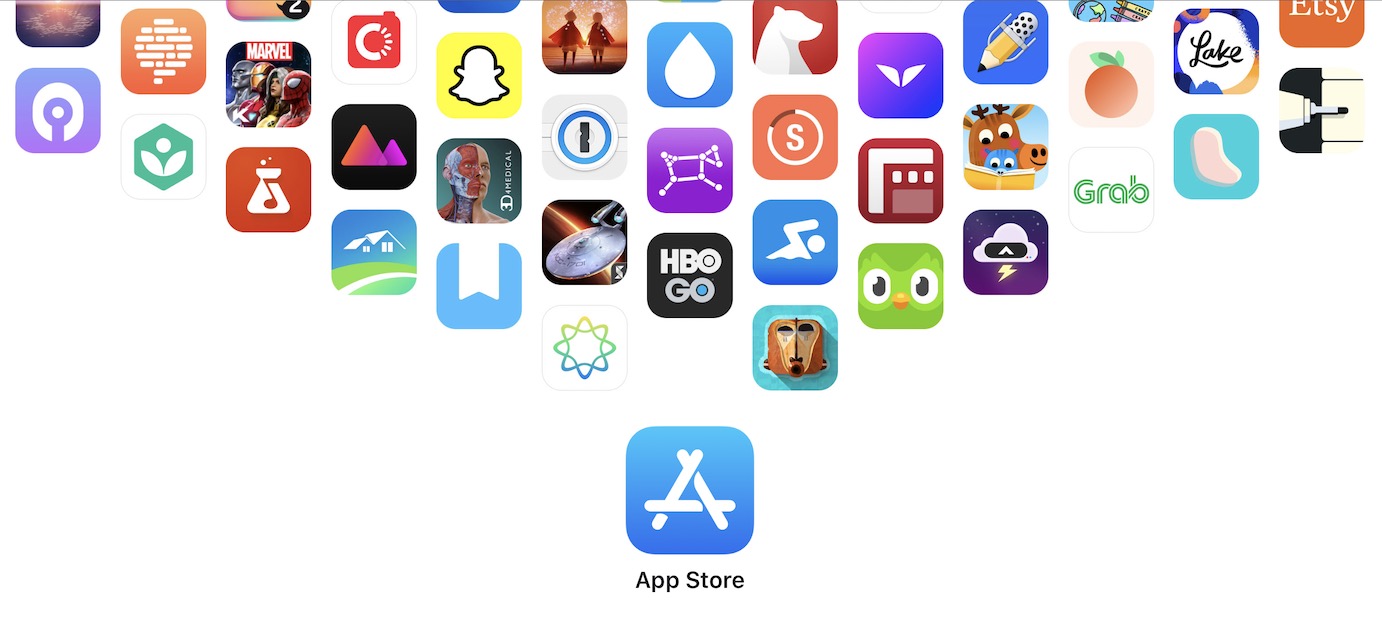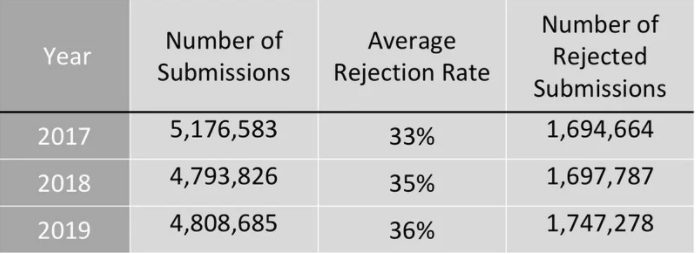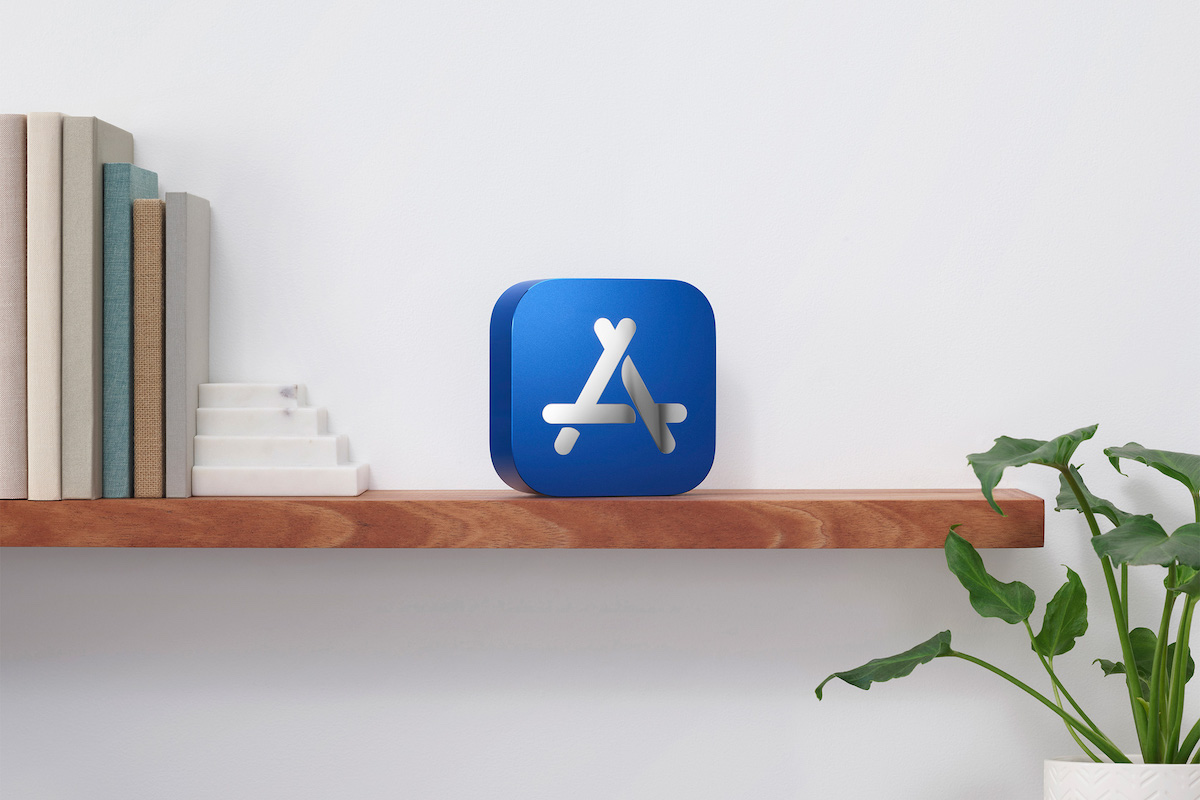During the ongoing Epic Games v. Apple trial, the Cupertino tech giant’s senior director of marketing testified in court about the App Store and its review process. He told the court that the company received an average of 5 million apps per year and the app scrutiny team rejected 33-35% of them between 2017 and 2019.
Director of marketing, Trystan Kosmynka admitted that the team may make mistakes but one way to look at mistakes is through appeals. Less than 1% of App Store app rejections are appealed and most of the decisions are upheld. Kosmynka said he thought “the number of mistakes is a small fraction of the overall effectiveness of the process.”

Out of 5 million apps submitted per year, Apple rejects 33-35%
In 2017, Apple saw 5,176,583 apps submitted for review and rejected 1,694,664. In 2018 the company saw a total of 4,793,826 apps submitted for review and rejected 1,697,787 apps. Finally, in 2018 the app scrutiny team rejected 1,747,278 apps out of 4,808,685 apps submitted.

Documents revealed during the trial suggest that the App Store sees 100,000 app submissions per week, and they are reviewed by 500 human experts. And even before reaching a human reviewer, apps are analyzed by Apple-designed tools to check for malware and policy violations.
The tool called Mercury runs via dynamic and static analysis processes, with the tool allowing the company to see inside apps to check them for hidden abuse or code. Other tools that the company has named are Columbus and Magellan. Once the apps are cleared by any of these tools, they receive human oversight.

Kosmynka said that it takes a lot of time and effort to get an app reviewed and that it was not a frequent complaint from developers. He further stated that the last time he conducted an app review it took him only five minutes.
Kosmynka also revealed to the court that the company once called complaints about apps from third parties that violated App Store guidelines as a UTB (under the bus). This term helped them reflect that a rival app or press article had thrown an app under the bus by alerting Apple it was in breach of guidelines. The term was later changed to ARC, App Review Compliance, before 2016.
Read More:
- Apple’s App Store VP tells judge that it features competitors’ apps “all the time”, though Epic has provided evidence that supports the contrary
- Apple removed Shadow app from App Store due to dispute over Microsoft xCloud game streaming
- Scam apps on the App Store made Apple’s Phil Schiller question company’s review process as per 2012 internal emails